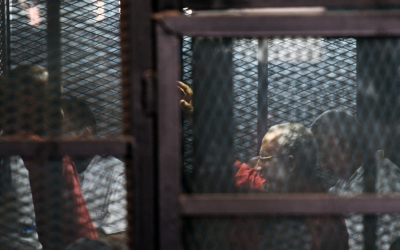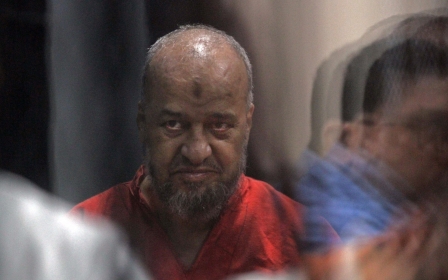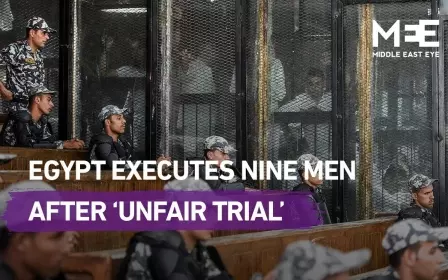Hundreds of medics urge US to step up pressure on Egypt over dire prison conditions
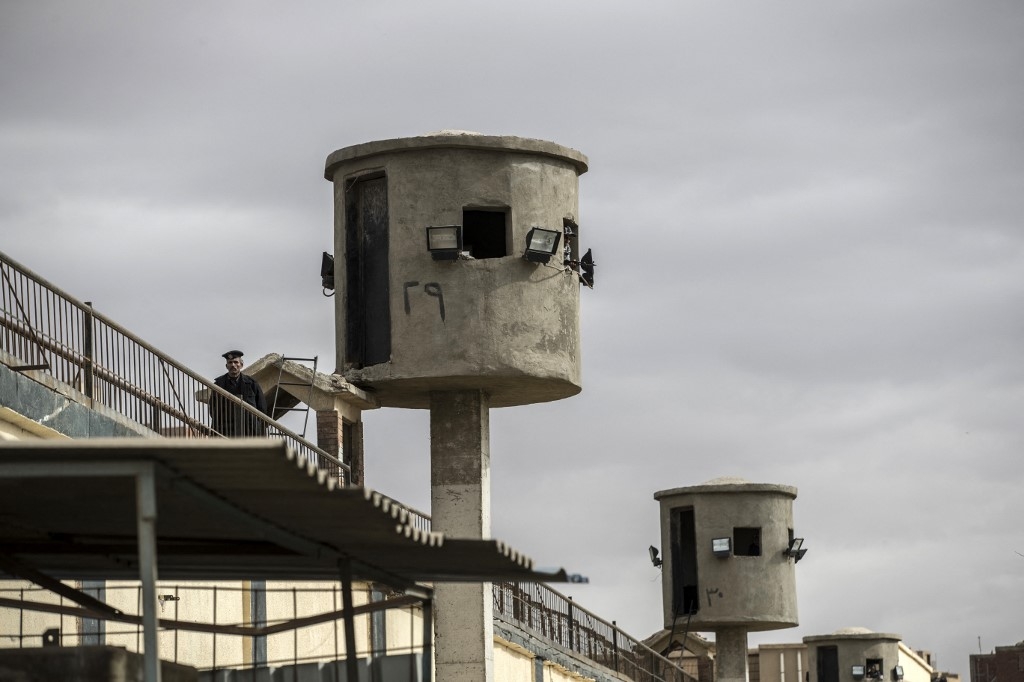
More than 200 medical professionals have signed a petition urging US Secretary of State Antony Blinken to pressure Egypt into improving conditions at its prisons following a steep rise in inmate deaths.
Backed by the Freedom Initiative, an independent human rights group with a focus on political prisoners in the Middle East and North Africa, the petition asks Secretary Blinken to press Egypt on overcrowding and "medical neglect" in its prisons that "led to the deaths of at least 100 individuals in 2020".
It also called on Blinken to support an internationally monitored investigation into Cairo's detention policies.
"Human rights organizations have decried the inhumane conditions present in detention facilities across Egypt, citing torture and abuse (including sexual abuse); lack of access to necessary medicine, treatment, or care; inadequate facilities that do not allow proper light or air circulation; and extreme overcrowding," the petition reads.
New MEE newsletter: Jerusalem Dispatch
Sign up to get the latest insights and analysis on Israel-Palestine, alongside Turkey Unpacked and other MEE newsletters
"This situation is particularly appalling given the extreme degradation in the rule of law in Egypt and the overwhelming number of cases of arbitrary detention or violations of due process," it continues.
"In March 2020, the UN High Commissioner for Human Rights called for the release of prisoners who were detained arbitrarily, particularly those held in pretrial detention or with politically motivated allegations, as well as those at high risk for Covid-19."
The Freedom Initiative highlighted the specific cases of 18 people it described as experiencing "critical cases of medical negligence" in Egypt's prisons, as well as 11 others who have died in recent years.
The group underlined "the unique role of the United States in exerting influence for a positive outcome" in Egypt, given the $1.3bn it receives in annual US military aid, in addition to economic and political support.
Making two demands, the letter asks Blinken to urge his Egyptian counterparts to address overcrowding in prisons by releasing the "high numbers of prisoners held unjustly in pretrial detention, on politically motivated allegations, or who are at grave risk of contracting Covid-19". It also calls on Blinken to demand an immediate investigation into prison conditions "with oversight from international bodies", including allowing access to representatives from the International Committee of the Red Cross.
The State Department did not respond to Middle East Eye's request for comment by the time of this article's publication.
Executions in Egypt
Egypt has come under increased criticism in recent months over a drastic increase in state-sanctioned killings. In 2020, the number of executions tripled from the year before, making Egypt the world's third-most prolific executioner after China and Iran.
Rights groups have denounced the death penalty in Egypt, describing many of those executed as "prisoners of conscience" detained for their opposition to the Sisi government.
According to the Geneva-based Committee for Justice rights group, at least 92 Sisi opponents have been executed since 2013, and final death sentences have been issued for 64 others who may be executed at any moment.
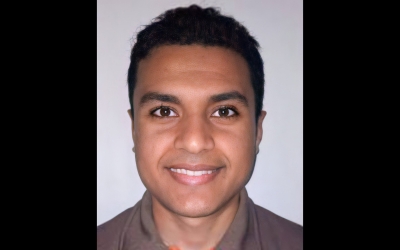
Earlier this week, Egyptian authorities executed Moataz Mustafa Hassan, a 27-year-old engineering student, after he was convicted of assassinating a high-ranking police officer in Alexandria in 2018. Two others were sentenced alongside him for the same crime.
According to the Egyptian Network for Human Rights, the three were tortured inside the security service headquarters in Alexandria.
"Investigators threatened him that they would rape his mother and sister in front of him if he didn't confess," Ahmed Attar, executive director of ENHR, told MEE.
Torture is commonplace in Egyptian prisons, and many confessions extracted under torture end up being used as the main basis for prosecution.
Death sentences are often handed down following mass trials lasting just days.
Middle East Eye delivers independent and unrivalled coverage and analysis of the Middle East, North Africa and beyond. To learn more about republishing this content and the associated fees, please fill out this form. More about MEE can be found here.


